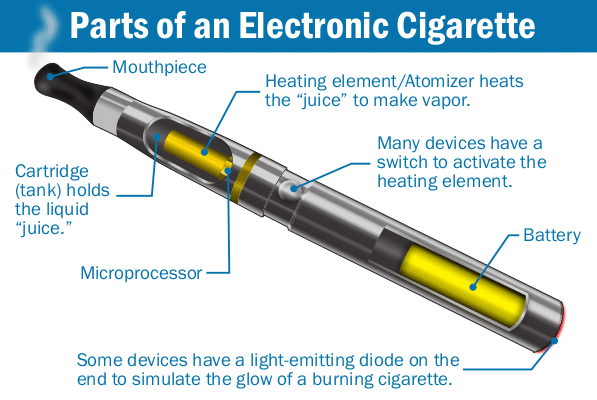25 years ago litigation involving exploding BIC lighters was fought against BIC by consumer justice lawyers across the country. The BIC lighters, which were alleged to randomly explode, were the subject of numerous cases where children and consumers were horribly burned. The litigation was particularly ugly, with brutal discovery fights and allegations of discovery abuse.
Since that time BIC has redesigned its lighters numerous times. In the years since these redesigns, the number of lawsuits against BIC have been relatively few and far between.
This year, over the Christmas holidays, there was quite a bit of media attention about exploding batteries in hover boards. The boards, which had previously been at the top of kids’ Christmas lists around the country, were reported to have major problems with battery fires. Sales of the toys plummeted. Many of the big box stores took the toys off the shelves. Saturday Night Live even got in on the issue with a skit.
Lithium ion batteries, which are the most common type of rechargeable batteries, are used in a myriad of consumer electronics and toys. These batteries are also used in virtually all laptop computers.
The problem with exploding lithium batteries are also well known. The causes range from manufacturing defects, foreseeable misuse, and poor design. During the last several years there have been over 40 recalls for lithium batteries in laptop computers due to fires and explosions. Despite these recalls, and the widely known nature of the problem, there have been relatively few, if no, significant attempts by the industry to change the design of these products to prevent fires and explosions.
Lithium ion batteries are also used for e-cigarettes. Unlike with a laptop computer or child’s toy where the risk is primarily property damage, an e-cigarette battery explosion can cause severe injuries.
A 2014 FEMA Report identified 25 incidences of e-cigarette fires or explosions between 2009 and 2014. The report identified that only nine involved injuries. The Report’s injury numbers were based on an “internet search” of incidences and, most certainly, dramatically under-reports the actual number of injuries.
The popularity of e-cigarettes is exploding (pardon the pun). The popularity of these devices is on the rise with both tobacco users as well as with medical marijuana patients. As the number of e-cigs (or “vape pens”) with lithium ion batteries increases, so will the number of explosions, fires and injuries.
Since the FEMA report, a spate of lawsuits have been filed involving e-cigarettes and battery explosions. These claims involve causes of action against both the retail store that sold the e-cig, as well as the manufacturer.
Despite industry knowledge about the dangers of lithium ion batteries exploding and causing injuries, there have been relatively few safety design changes implemented, or even considered, to protect consumers. Unfortunately, until the pressure of more civil litigation and verdicts mount, as was the case with the BIC lighter, we anticipate that there will probably be no safety design changes for e-cig batteries.
The Newsome Melton law firm is currently representing two clients who have injuries caused by a lithium ion battery fire. Both cases are in the early stages of investigation but we plan to file a product liability lawsuit on their behalf in the near future.


